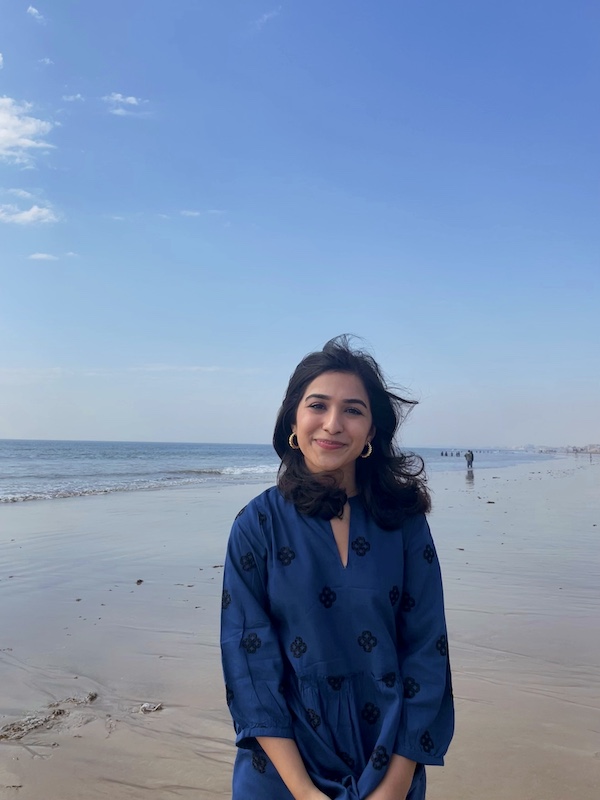It’s been a busy year so far in Connecticut when it comes to advocating to end female genital cutting, (FGC)! Here are some updates we’d like to share with you all:
Legislative Developments
On February 4th, in honor of International Day of Zero Tolerance for Female Genital Mutilation/Cutting (FGM/C), State Representative Jillian Gilchrest and State Representative Nicole Klarides-Ditria along with the Connecticut Coalition to End FGMC held a press conference to raise awareness about FGM/C and introduce House Bill 6596: An Act Concerning The Prevention Of Female Genital Mutilation. This proposed bill aims to establish educational programs, provide civil remedies for survivors, and prohibit FGM/C in the state. Connecticut remains one of only nine states without legislation protecting children from FGM/C.
Here’s what one of the event speakers, Zehra Patwa, had to say about the press conference:
“It was an honor to be invited to share my experience as a survivor at a press conference at the State Capitol on February 4, 2025, in recognition of International Day of Zero Tolerance of FGM/C. Since discovering in my 40s that I was cut as a child, I have worked to ensure no other girls go through what I, and so many other girls in communities who practice FGM/C, went through.
I thank Lt Governor Susan Bysiewicz, chair of the Governor's Council on Women and Girls, and Rep Gillian Gilchrest, along with all the sponsors of bill 6596, who have lent their unwavering support to end this harmful cultural practice on girls in Connecticut. It is comforting to me that this bill has bipartisan support through the tireless efforts of the Coalition to End FGM/C and I beg the House to pass this bill as soon as possible so that not one more girl has to live with the trauma that FGM/C can cause. Because one girl cut is one too many.”
The bill has now made its way to the Joint Committee on Judiciary, a crucial step in ensuring legal protections are put in place for FGC survivors and at-risk individuals.
Recognizing The International Day of Zero Tolerance for FGM/C
Connecticut’s Lieutenant Governor Susan Bysiewicz, a strong advocate for passing legislation on this critical issue of FGM/C, and who also attended and spoke at the Feb 4th Press conference presented, shared with the public that her office had issued a citation recognizing February 6th as International Day of Zero Tolerance for FGM/C. This citation also commended the work of the Connecticut (CT) Coalition to End FGM/C, of which Sahiyo is a founding member, and it acknowledged our coalition’s ongoing advocacy efforts to urge collective action to protect women and girls from FGM/C. The Governor of Connecticut, Ned Lamont, also issued a Proclamation from his office, which Bysiewicz presented to the crowd at the press release as well.
Moving Forward
Ahead of the public hearing for the Joint Judiciary Committee, date yet to be set, our Coalition is urging Connecticut lawmakers to support passage of House Bill 6596, ensuring that this legislation moves forward into law. We also call on Connecticut residents to join the movement to protect women and girls from FGM/C by signing our Call to Action to urge your Connecticut representatives to sponsor and support this bill.

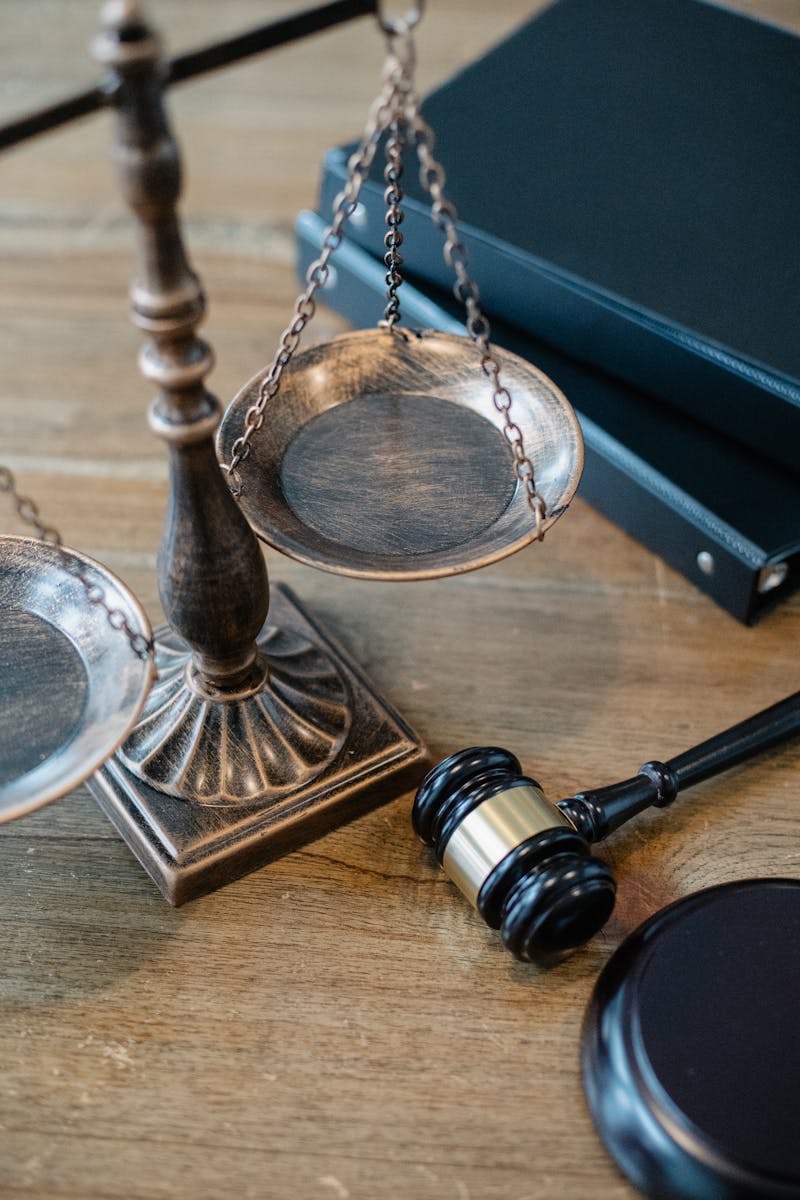

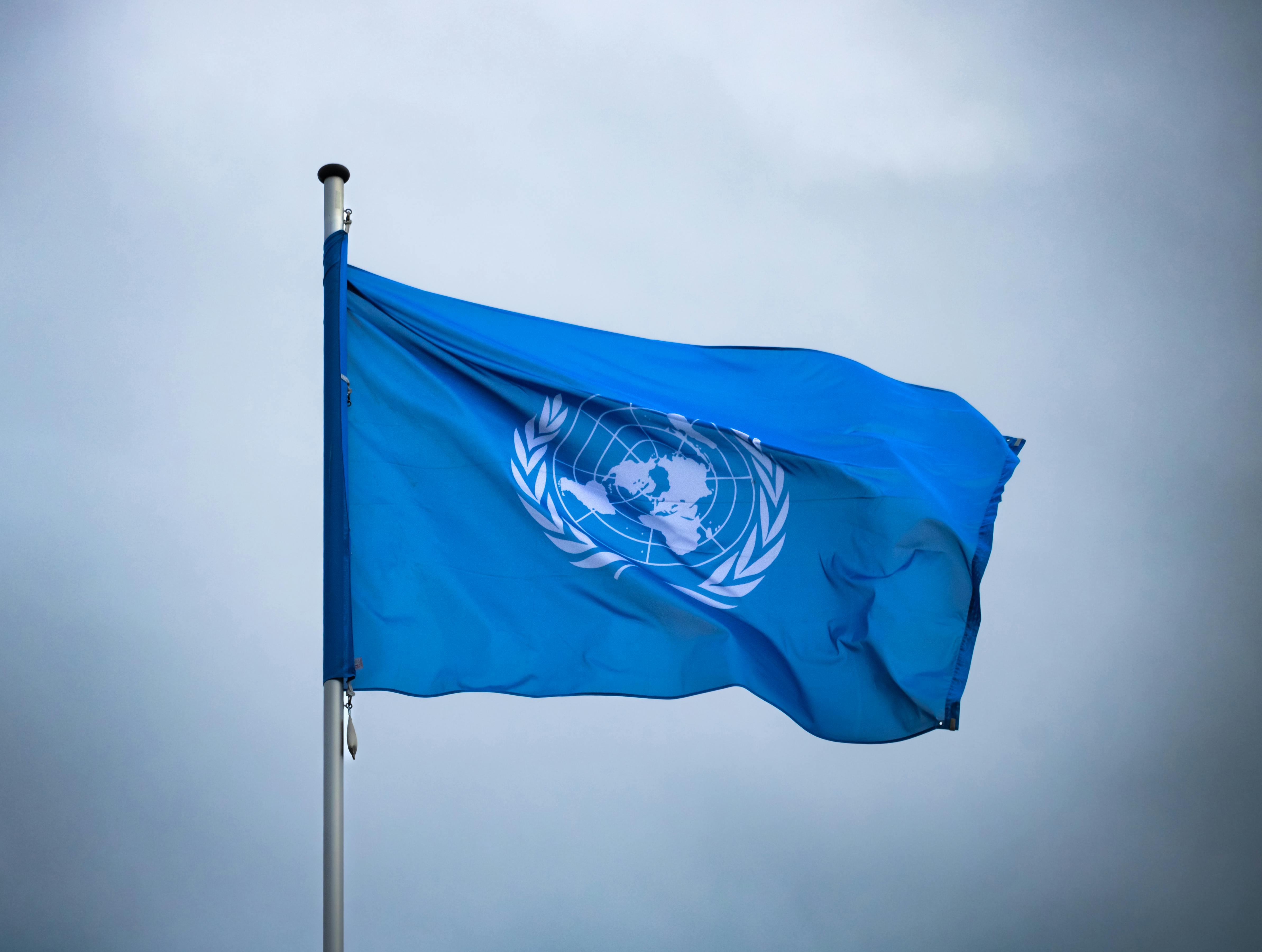
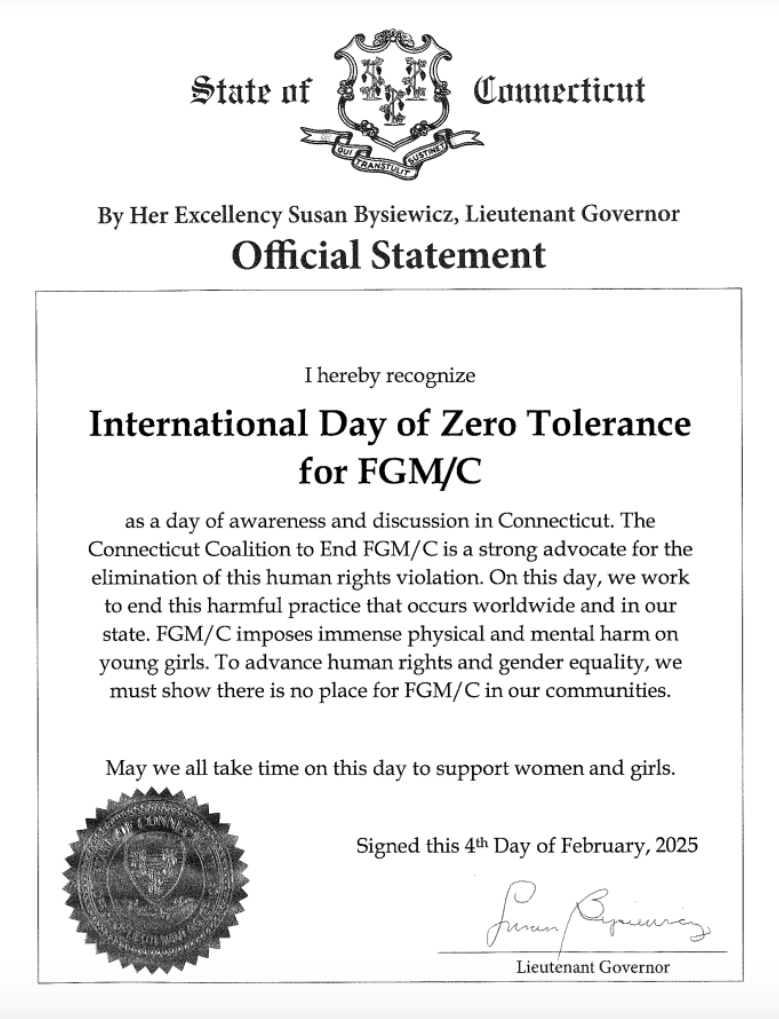
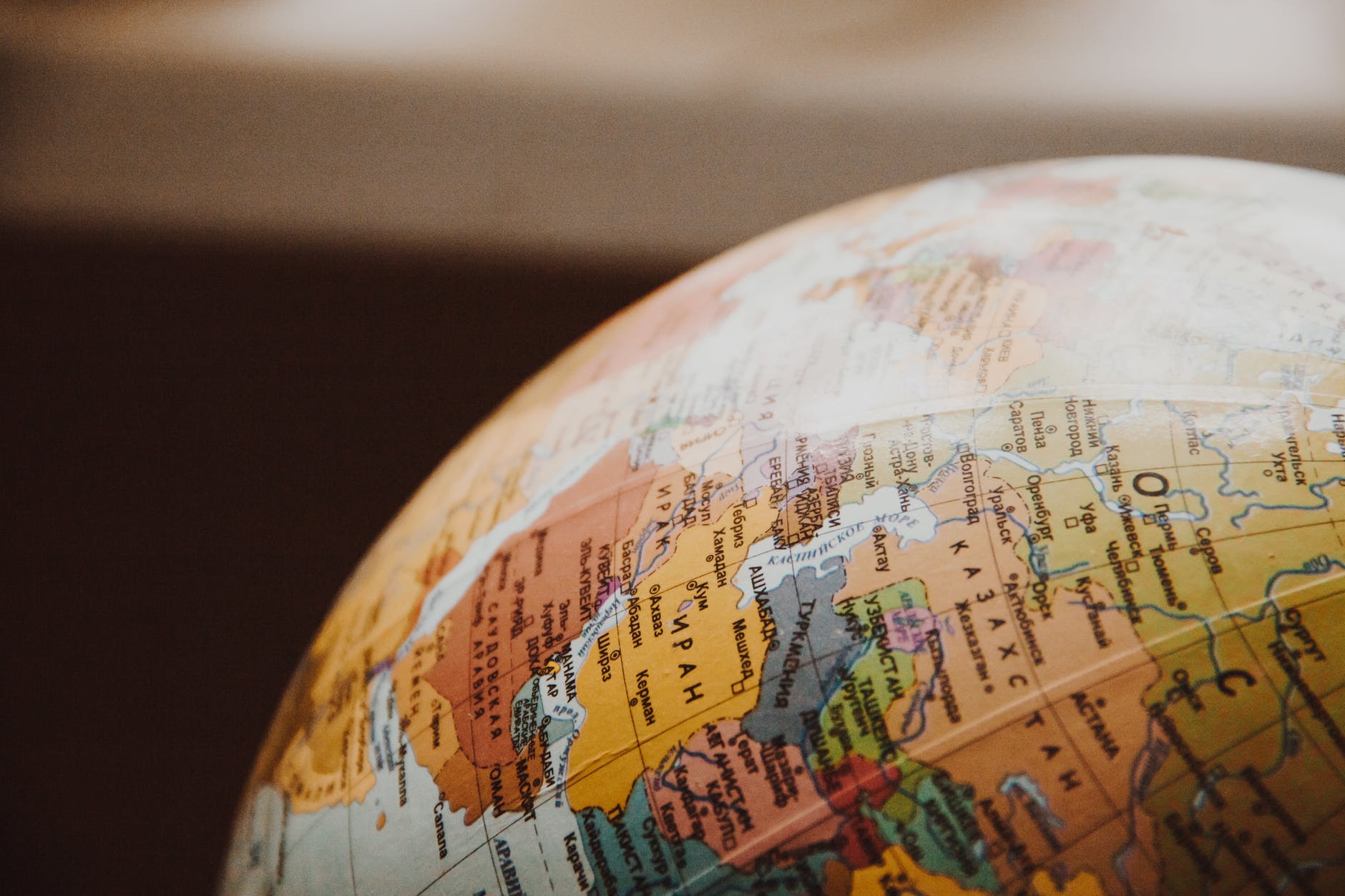
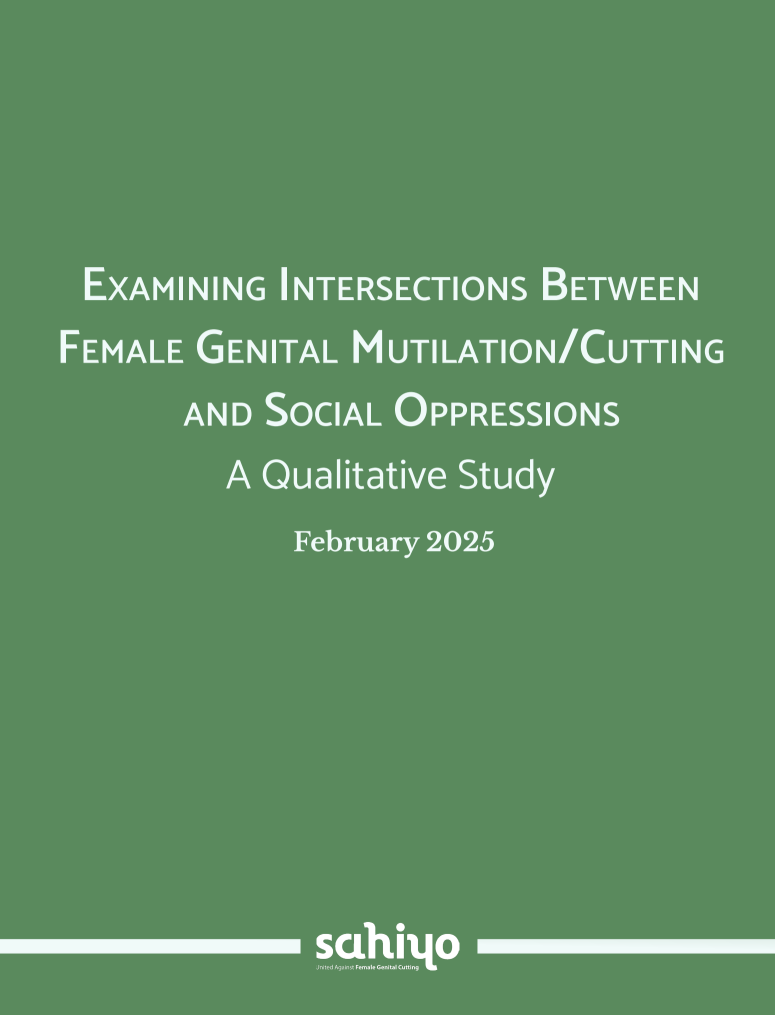
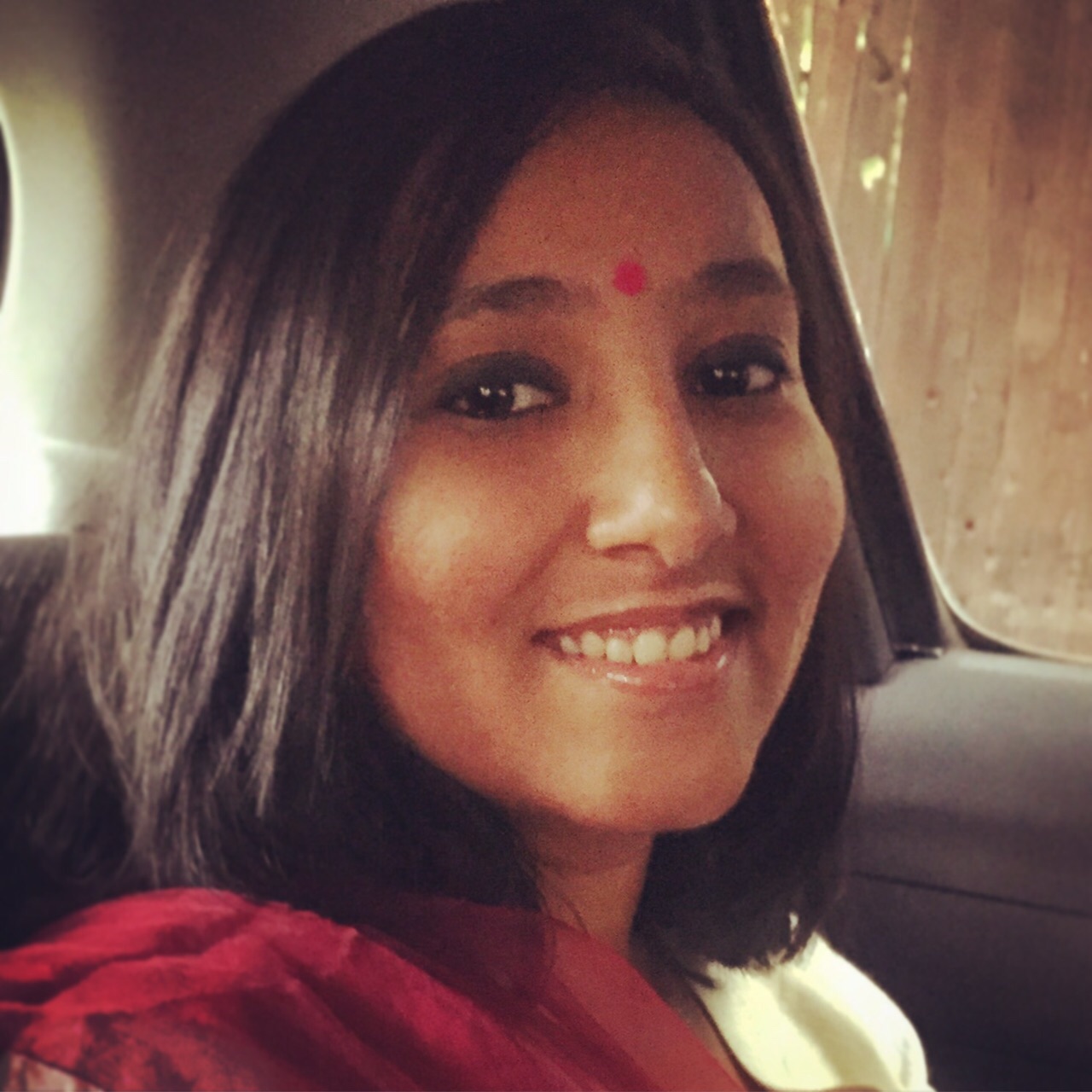 Aarefa Johari is a journalist and feminist activist based in Mumbai, India. She has been advocating for an end to Female Genital Cutting since 2012 and is a
Aarefa Johari is a journalist and feminist activist based in Mumbai, India. She has been advocating for an end to Female Genital Cutting since 2012 and is a 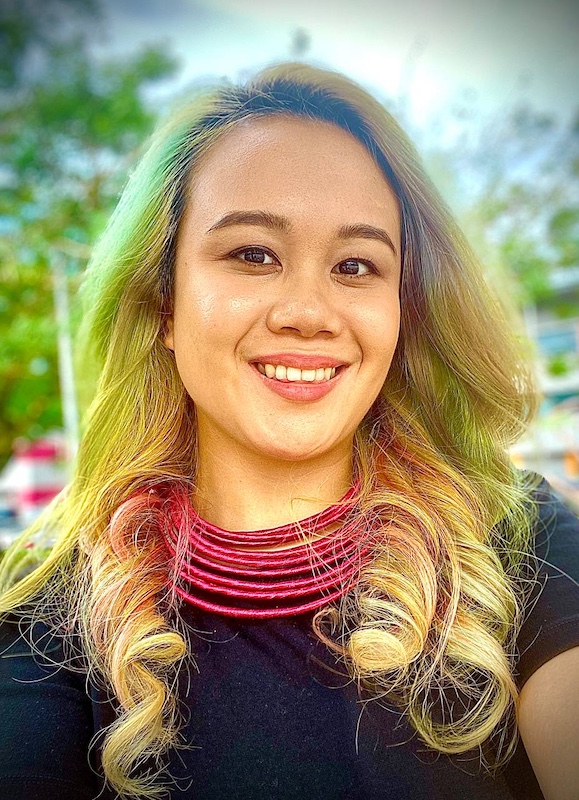 Saza Faradilla (she/they) is a co-founder of
Saza Faradilla (she/they) is a co-founder of 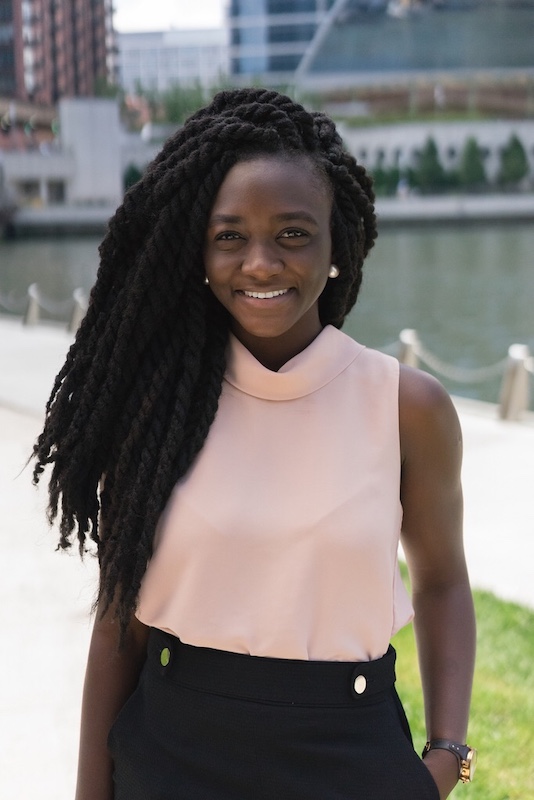 Jessica Puri is an Adjunct Professor of Public Health and founder of The Parable Lab. Nicknamed a Creative Academic, she enjoys the pursuit of knowledge and rest through creative expression and storytelling.
Jessica Puri is an Adjunct Professor of Public Health and founder of The Parable Lab. Nicknamed a Creative Academic, she enjoys the pursuit of knowledge and rest through creative expression and storytelling.